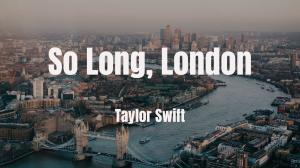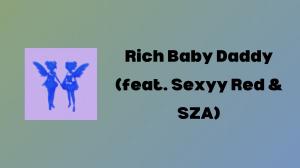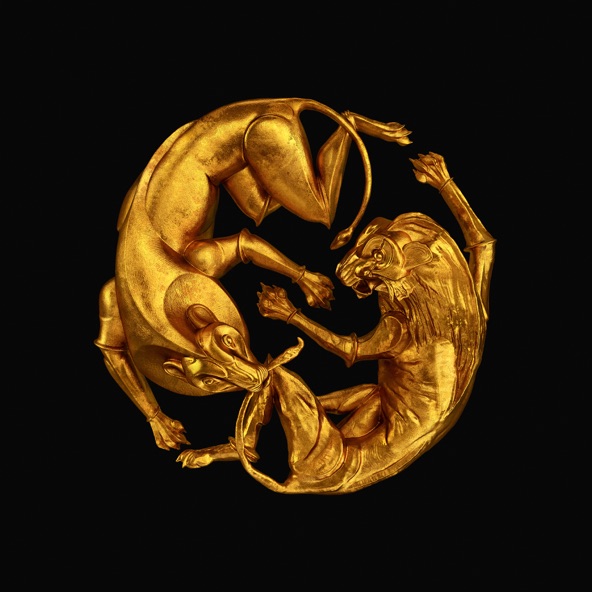Why Do We All Relate to Radiohead's "Creep"?
Radiohead’s 1992 hit "Creep" remains one of the most emotionally charged songs of the '90s. Its raw vulnerability, self-deprecation, and the yearning to belong resonate with listeners across generations. But what exactly is it about this song that cuts so deep? Let’s dive into the lyrics and unravel the meaning behind "Creep."
About Radiohead: Things You Need to Know
Radiohead formed in 1985, consisting of Thom Yorke (lead vocals, guitar), Jonny Greenwood (lead guitar), Ed O'Brien (guitar, backing vocals), Colin Greenwood (bass), and Philip Selway (drums). Known for their genre-defying sound and introspective lyrics, the band gained global recognition with their debut album Pablo Honey, which features "Creep."
Released as a single in 1992 and later appearing on Pablo Honey (1993), "Creep" was Radiohead’s breakthrough track, initially receiving mixed reactions. Today, it’s regarded as an anthem for the alienated and misunderstood, encapsulating feelings of inadequacy and longing.
The Story Behind "Creep"
The song is often interpreted as an autobiographical reflection of lead singer Thom Yorke’s feelings of alienation and inadequacy. Yorke himself has commented that "Creep" is about feeling disconnected, like an outsider looking in. The song echoes these themes of self-loathing and unworthiness, making it relatable to anyone who has ever felt out of place or not "good enough."

Analyzing the Lyrics
"When you were here before / Couldn't look you in the eye"
The opening line sets the tone for the entire song. The narrator feels overwhelmed in the presence of someone they admire but also feel unworthy of. The inability to "look you in the eye" speaks to a sense of inferiority, the start of a downward spiral of self-doubt.
"You're just like an angel / Your skin makes me cry"
Here, the narrator places the object of their affection on a pedestal, referring to them as an "angel." The line "your skin makes me cry" speaks to the intensity of admiration and longing, yet also hints at pain. It’s not the typical romantic admiration; it’s almost as if the beauty and perfection of this person emphasize the narrator’s own flaws.
"I wish I was special / You're so fucking special"
These lines reiterate the narrator’s feelings of inadequacy, wishing they could be as "special" as the person they’re drawn to. The use of profanity in "you’re so fucking special" suggests a frustration, not just admiration. It’s the anger of feeling perpetually out of reach.
"But I'm a creep / I'm a weirdo / What the hell am I doing here? / I don't belong here"
This iconic chorus is where the heart of "Creep" lies. The narrator self-identifies as a "creep" and a "weirdo," highlighting their perception of themselves as different and undeserving. These lines encapsulate a sense of unworthiness and the belief that they don’t "belong" in the world of the person they admire.
The repetition of "I don’t belong here" drives home the narrator’s struggle with identity and self-acceptance. Many listeners relate to this feeling of not fitting in or feeling out of place, making this part of the song particularly powerful.
"I don't care if it hurts / I want to have control / I want a perfect body / I want a perfect soul"
This verse delves deeper into the narrator’s inner turmoil. There’s a yearning for control, for perfection, both physically and emotionally. The desire for a "perfect body" and "perfect soul" reflects society’s obsession with image and worth, and how these standards can lead to deep personal dissatisfaction.
"I want you to notice / When I'm not around"
This line reveals the narrator’s desperate need for validation. They want the object of their affection to acknowledge their existence, even in their absence. It’s a plea for attention, for recognition, and ultimately for worth.
"Whatever makes you happy / Whatever you want"
As the song comes to a close, the narrator shifts their focus. There’s a sense of resignation here, a willingness to step back and let the other person have whatever they desire, even if it doesn’t include the narrator. It’s a bittersweet ending, hinting at unrequited love and the painful acceptance of reality.
→→ Click to check Creep lyrics
Why Does "Creep" Resonate So Deeply?
The power of "Creep" lies in its raw vulnerability. Thom Yorke’s vocals—tinged with despair and frustration—combined with the haunting melody, create a visceral listening experience. The song speaks to the inner monologue of those who feel like outsiders, struggling to find their place in a world that often feels too perfect for their imperfect selves.
"Creep" doesn’t offer a solution or redemption, which is part of its appeal. It’s an unapologetic portrayal of insecurity and self-loathing, emotions many people grapple with. Whether it’s about unrequited love, low self-esteem, or societal rejection, "Creep" gives a voice to those feelings that are often hard to express.
Final Thoughts
Radiohead’s "Creep" stands as a timeless anthem for the disillusioned and the misunderstood. Its blunt lyrics, combined with its haunting melody, make it a song that transcends generations. Whether you relate to the feelings of isolation, the yearning to belong, or the anger at not being "good enough," "Creep" hits a universal chord.

.jpg?p=17307947295242273)








